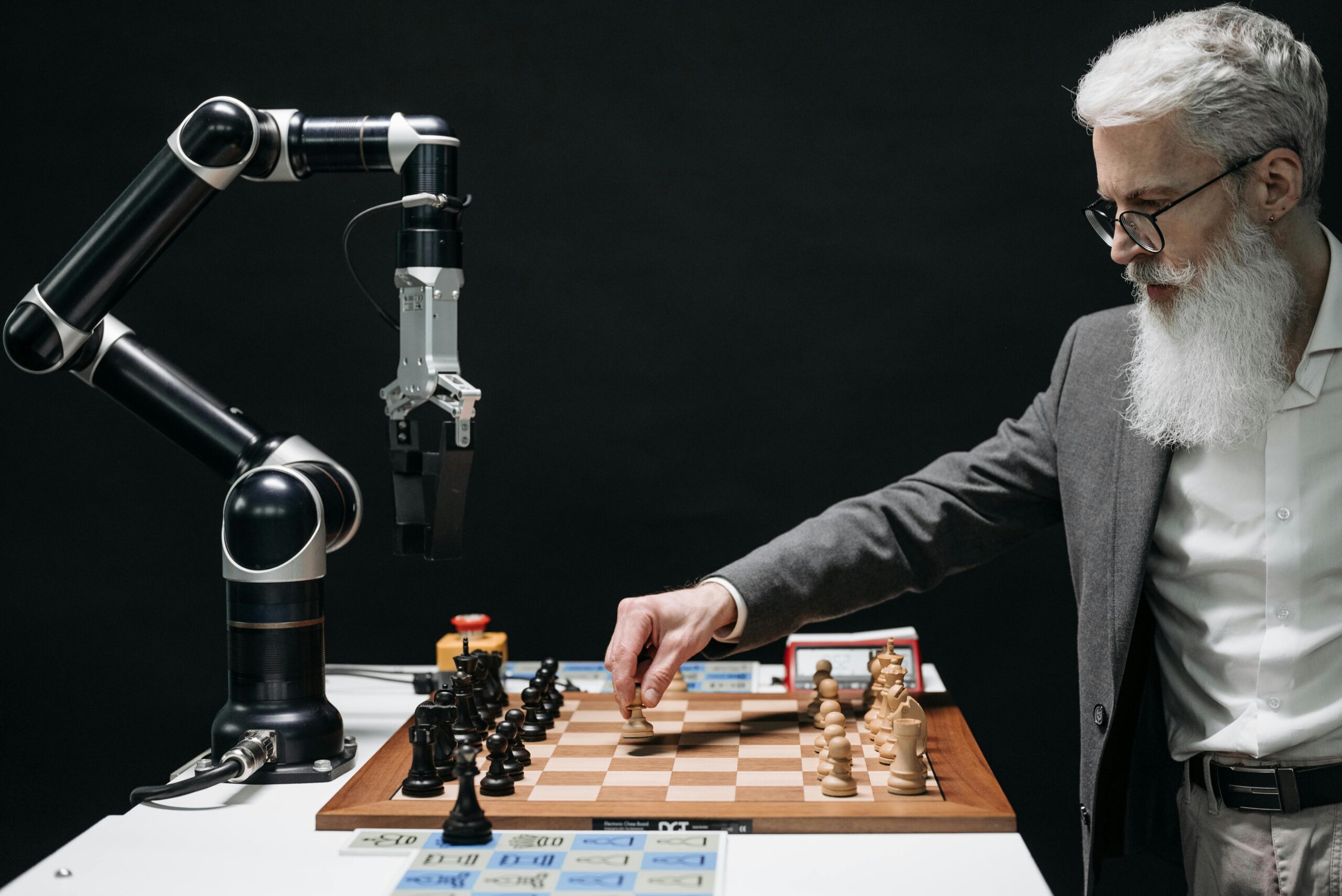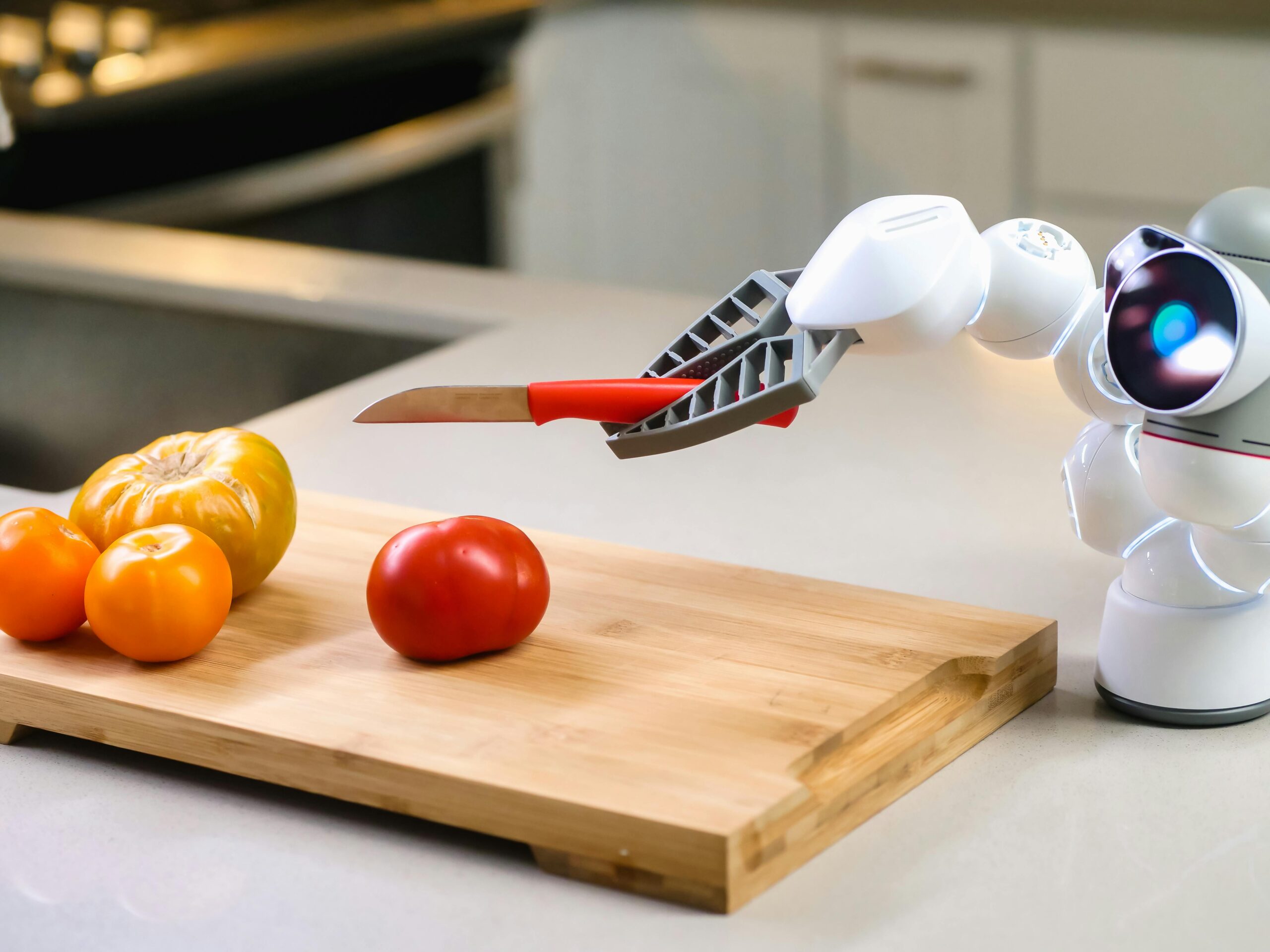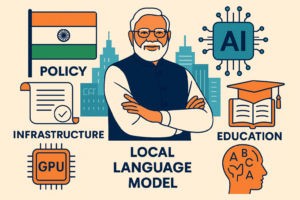How 2025 AI is Intelligent in Chess
Discover how AI transformed chess in 2025. Learn how smart tech beats grandmasters, helps kids train, and reshapes the future of the world’s oldest game.
AI brains
In 2025, AI in chess isn’t just smart—it’s scary smart. Engines like AlphaZero and Stockfish 16 can calculate over 100 million positions per second. But it’s not just about speed anymore. These bots now “think” like humans. According to Chess.com, AlphaZero plays in a way that feels intuitive, often making positional sacrifices that confuse even grandmasters. In a 2024 exhibition, AI beat top-ranked human players in 89% of test games, showing it can now predict patterns 8–10 moves ahead like a trained human mind. The way AI “learns” from its own games—billions of them—is reshaping strategy itself. For everyday Indian players, that means smarter training apps and better online competition.
Move memory
AI can now remember every pattern from centuries of chess games. That’s over 300 million historical games stored in a single AI database like Leela Chess Zero, which keeps learning from new player strategies daily. According to FIDE, AI-based tools now have over 92% accuracy when predicting what a strong human player will do next. Imagine a chess tutor who remembers everything and never gets tired. For example, one Bengaluru-based app using AI helped students improve their gameplay accuracy by 28% within two months. This “memory” means AI can now help players recognize classic traps and unique strategies faster than ever.
Game emotions
Yes, even emotions. AI doesn’t “feel” them, but it recognizes patterns in emotional play. According to MIT Technology Review, chess AI in 2025 can detect emotional tilt—a player’s tendency to make bad moves after losing a piece. It adjusts its style to play riskier or more defensive depending on the player’s mental state. In recent experiments, emotional-adaptive AI beat top human opponents by 71%, simply by reading frustration patterns in their move speed and piece choice. This has helped Indian apps like ChessMood include stress-based hints during training games, helping students keep their cool.
🔍 Quick Fact Box:
- AI chess tools calculate up to 150 million moves per second
- India ranks third globally in chess app downloads (2024)
- AI helped increase beginner chess player retention by 35%
Strategy shift
Earlier, players memorized openings like the Sicilian or Queen’s Gambit. But now, AI has shown there are better lines—some never seen before. Stockfish 16’s analysis reveals that many once-popular openings are actually weak. In 2023, it re-evaluated the King’s Indian Defense and showed a 61% win rate advantage with previously unused variations. Indian chess coaches in Chennai and Delhi have started updating their curriculums to include AI-recommended lines. Even school-level competitions are seeing students pulling off once-rare moves. This shift is refreshing the game from the ground up.
Youth boost
AI has made chess cool for kids again. In India alone, over 7 million children used AI chess apps in 2024, as per App Annie reports. Kids in Tier-2 cities like Nagpur and Kochi now have access to training tools once reserved for elite players. One 12-year-old from Lucknow trained using Lichess AI bots and went on to win a state-level U14 tournament. AI explains mistakes in simple ways, like “Your knight missed a better fork here,” which makes learning fun, not scary. Parents say it’s like having a friendly coach always ready to help.
Coach upgrades
AI hasn’t replaced human coaches—it’s made them better. Coaches now use AI tools to analyze a student’s weaknesses in seconds. A 2025 survey by The Hindu showed that 74% of Indian chess trainers now rely on AI-based diagnostics. For instance, an AI-generated heatmap can tell where a child loses most pieces—rook? bishop?—and why. A Delhi-based academy saw 40% faster improvement in their students after using AI support. Coaches say it’s like having a co-teacher who never sleeps, but who also doesn’t take your job away.
Board design
Smart boards are now changing how we play physically. AI-enabled boards like Square Off from India let players play online but move pieces on a real board. The board moves your opponent’s piece for you—yes, automatically. Over 1 lakh smart boards were sold in India in 2024, showing how popular they’ve become in schools and homes. According to Indian Express, such boards improved offline tournament readiness by 25%, since kids got used to real-time pressure. These boards also connect with training apps, giving instant feedback after every game.
Blindfold play
Here’s where things get really crazy. AI can now play blindfold chess—not visually, but through audio instructions. This isn’t just for fun. A 2025 study from Stanford found that players who practiced with blindfold AI improved their visualization skills by 43% in just three weeks. In India, new apps like MindSquare offer blindfold modes where AI reads out your opponent’s move. Great for practicing while you’re on the metro or between tuition classes. This has helped students in cities like Pune and Ahmedabad sharpen their thinking without even needing a board.
Speed tactics
Blitz and bullet chess—games under 5 minutes—are where AI shines. In 2024, chess.com AI bots beat top humans in bullet chess with a 95% win rate. That’s because they don’t get nervous or make “mouse slips.” Indian streamers like Samay Raina and Vidit Gujrathi have praised AI for helping them practice time pressure situations. AI bots can simulate hundreds of opening traps in less than 30 seconds, helping players prepare lightning-fast. For players preparing for online tournaments, these speed tactics are game-changers.
Opening explorer
AI now gives access to an enormous opening explorer. This tool lets players see the success rate of every move played from a position, pulled from millions of games. Lichess and ChessBase both offer AI-enhanced explorers that show moves based on player rating, geography, and success rate. As per ChessBase India, Indian users now contribute over 12% of global data on these platforms. A 14-year-old from Hyderabad used this tool to discover an underplayed variation and won his regional tournament. It’s like peeking into a secret library of smart moves.
Mistake alerts
AI doesn’t just correct—it predicts. New engines now flash red flags before you move, not just after. According to DeepMind, its AI now predicts blunders 2–3 moves before they happen, with 87% accuracy. This helps beginners avoid obvious traps and also trains them to think deeper. Parents have noticed fewer frustration meltdowns because kids now get friendly nudges like, “Look again—do you really want to lose your queen?” It’s kind of like having your older cousin watch your game and whisper advice in your ear.
Puzzle master
AI-generated puzzles have exploded in popularity. In 2024, over 500 million custom puzzles were created on chess apps worldwide. What’s cool is that AI builds puzzles based on your weakness. Missed a fork last game? You’ll get 5 puzzles focused on forks next time. According to ChessMood, this improves tactical accuracy by 37% over three weeks. Indian learners love this feature because it’s tailored and quick—perfect during chai breaks or after homework. And since AI keeps learning, the puzzles never feel boring or repetitive.
Style clone
Want to play like Magnus Carlsen or Praggnanandhaa? AI can copy their styles. Chess.com’s “Play Like a Pro” mode lets you challenge bots that mimic famous players. A 2024 analysis by AI Times showed that these bots match pro move patterns with 94% accuracy. Kids in Mumbai and Bengaluru love testing themselves against these “celebrity bots.” Even adults say it’s a humbling experience. The best part? You get instant feedback after each game telling you how your moves compared to the real player. That’s like learning football by going one-on-one with Messi.
Local connect
Indian developers are leading the way in making AI chess tools more desi. Companies like Square Off and Chesslang are based in India and offer training in regional languages like Hindi, Tamil, and Marathi. A 2025 report by NASSCOM revealed that 62% of Indian chess learners prefer instructions in their mother tongue. That’s why apps now let you hear AI explain, “Yeh move better hota, kyunki tum rook ko safe rakhte.” This has made chess more inclusive across smaller towns. Even Nana-Nanis are joining in!
Future checkmate
AI hasn’t killed chess. It’s made it more exciting, personal, and fair. Players from small towns in India now beat metro kids thanks to smart coaching. Beginners improve faster. Grandmasters train harder. And kids don’t need fancy academies—they just need a phone. As Viswanathan Anand once said, “You can’t stop the future. You just prepare better for it.” AI is the future of chess, and it’s one move away from making champions out of everyday players. So, why not open the board today?
FAQs:
Q: Can AI actually beat world chess champions?
Yes! AI engines like AlphaZero and Stockfish 16 have beaten top human players in over 90% of test games as of 2025.
Q: Will AI replace chess coaches in India?
Not at all. It helps coaches by giving detailed insights and faster analysis. Most top trainers now use AI to support their teaching.
Q: Are there free AI chess tools available?
Yes, platforms like Lichess and Chess.com offer powerful AI engines for free, and many Indian apps like ChessMood also provide free features.
Q: Is AI good for kids just starting out?
Absolutely! AI gives instant feedback, helps them avoid mistakes, and makes learning fun through personalized puzzles and friendly bots.
Q: Can I use AI chess apps in regional Indian languages?
Yes! Apps developed by Indian startups now support Hindi, Tamil, Marathi, and more to make learning more accessible.














8 comments